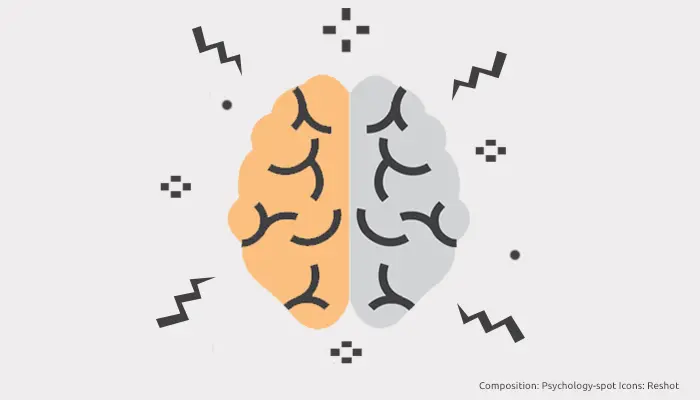
Schizophrenia is an extraordinary mental disorder, within the wide range of psychopathologies that exist. In fact, it has always been easier to identify schizophrenic behavior than to define what schizophrenia is. Although a universally accepted criterion for the diagnosis of schizophrenia is to rule out the presence of another neurological disorder or the existence of an affective disorder.
The Diagnostic and Statistical Manual of Mental Disorders offers a list of five symptoms of schizophrenia:
1. Deliriums or beliefs that distort reality
2. Hallucinations or altered perceptions, such as hearing voices
3. Disorganized language, such as inconsistent or meaningless statements
4. Excessive or disorganized behavior
5. Various “negative” symptoms, such as emotional dullness or loss of interest in activities that were previously normal and attractive to the person.
Obviously, not all the people have all these symptoms. In reality the observed symptoms are heterogeneous, suggesting that the biological correlates will also be different.
Fortunately, decades ago schizophrenia was thought to be a progressive disease with noticeable deterioration and a sad ending, but this view is incorrect. We now know that most people with schizophrenia remain at a fairly stable level after the first few years of the disease, and there is a little evidence of a decrease in neuropsychological functioning. Symptoms come and go but severity remains relatively constant after the first few years of deterioration.
Brain of a person with schizophrenia
The morphology of the brains of schizophrenics has been analyzed in numerous studies, both through the tissues obtained at autopsy and in MRI and CT scans. Although the results are variable, most researchers agree that the brain of the person with schizophrenia weighs less than normal brains and that the ventricles are enlarged.
Schizophrenics have also been suggested to have smaller frontal lobes, and a reduction in the number of neurons in the prefrontal cortex and hippocampus has been noted. Prefrontal cells have a very simple dendritic organization, indicating that fewer synapses are likely to be established than normal. A few years ago it was proposed that these difficulties are due to dysfunction in the hippocampus area.
Today researchers are using functional neuroimaging to study brain activation in people with schizophrenia during different tests. Thus, it has been appreciated that people without mental problems show significant activation of the prefrontal cortex during classification tests, but this does not happen in those with schizophrenia. These difficulties would be caused by abnormalities in the production of dopamine, a neurotransmitter essential for the functioning of the frontal lobe.
Although much remains to be discovered in this regard, these frontal lobe problems are known to be primarily responsible for the disorganized behavior that characterizes schizophrenia.
Types of schizophrenia
Based on the peculiarities of neuropsychological involvement, there are some specialists who prefer to assume two major syndromes:
– Type I, equivalent to acute schizophrenia. It is characterized by positive symptoms; that is, excessive behavior with deliriums and hallucinations. Type I would be the result of dopaminergic dysfunction and is therefore more sensitive to neuroleptic drugs.
– Type II, equivalent to chronic schizophrenia. It is characterized by negative symptoms, including affective flattening and poor expression. Type II would be the result of structural abnormalities in the brain and would respond poorly to antipsychotic drugs.
Source:
Kolb, B. & Whishaw, I. Q. (1980) Fundamentals of Human Neuropsychology. Freeman: San Francisco.



